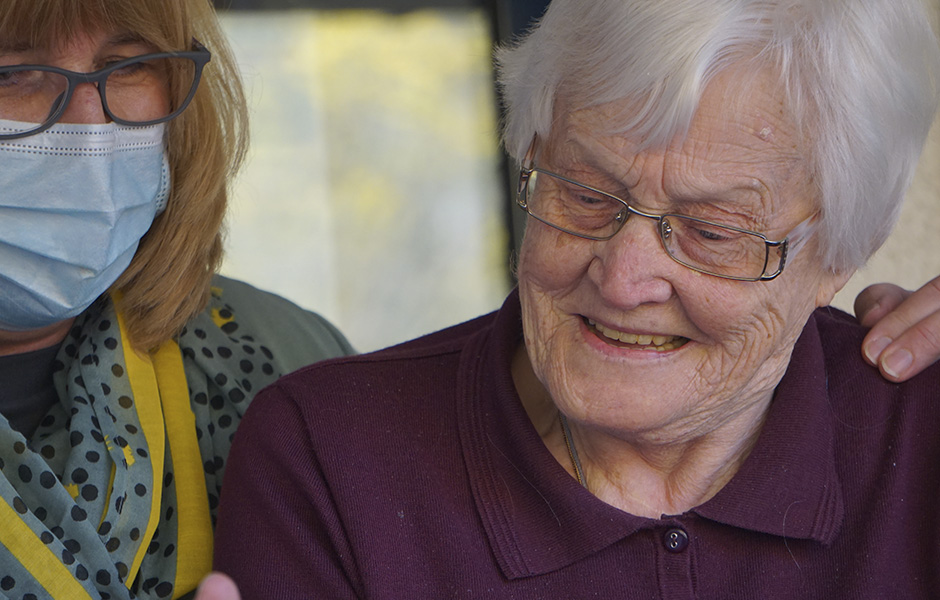The ratio of potential informal caregivers for each elderly person is expected to fall sharply throughout Europe in the coming decades, until 2050, but the situation is particularly alarming in Portugal.
This is one of the warnings in a study developed by researchers from CINTESIS – Center for Health Technology and Services Research and the University of Aveiro (UA), published in the scientific journal Healthcare.
The research presents results from 2011 and 2020, but also projections for the coming years in 28 European countries, including Portugal.
“Taking into account that Mediterranean countries rely heavily on informal care, it is particularly important to predict the availability of caregivers in the future, in order to meet the challenges of an increasingly ageing society,” warns Oscar Ribeiro, researcher at CINTESIS/UA and first author in this scientific article.
The results are actually quite worrying, allowing us to predict that there will be few people available to provide care to an older and more fragile population.
According to this study, Portugal will go from five caregivers (aged 45 to 64 years old) for each elderly person over 80 years, in 2020, to only two caregivers for each elderly person, between 2040 and 2050. In this year, our country is predicted to have less than two carers for every older person over 80.
In 2011, the potential number of informal carers in 28 European countries was six carers for every older person over 80. However, in Portugal and in Mediterranean countries, that ratio was already five carers for every older person. A ratio much lower than Slovakia (9:1), the country with the best ratio, but which has also been “losing” caregivers.
According to the specialist, “in the next two or three decades, care for the elderly may weigh more heavily on the health, financial situation and well-being of the next generation of family carers”,
These future caregivers are today young people and adults between the ages of 15 and 35, who will be in charge of increasingly older family members (over 90 and 100 years old) and, consequently, more dependent on daily support for basic tasks such as hygiene, taking medication, cleaning the house, transportation, among others.
“Not only is it necessary to ensure access to long-term structures (such as nursing homes), but it is also necessary to ensure greater investment in direct support for families and friends who take on the role of carers,” he says.
Among the support measures are financial support, emotional support, counselling, recognition of rights, training and education for informal and formal carers and access to existing technological solutions.
Besides Oscar Ribeiro, researchers Daniela Figueiredo (CINTESIS/UA), Lia Araújo (CINTESIS/ESEV.IPV), Constança Paúl and Laetitia Teixeira (CINTESIS/ICBAS) also signed this article.

